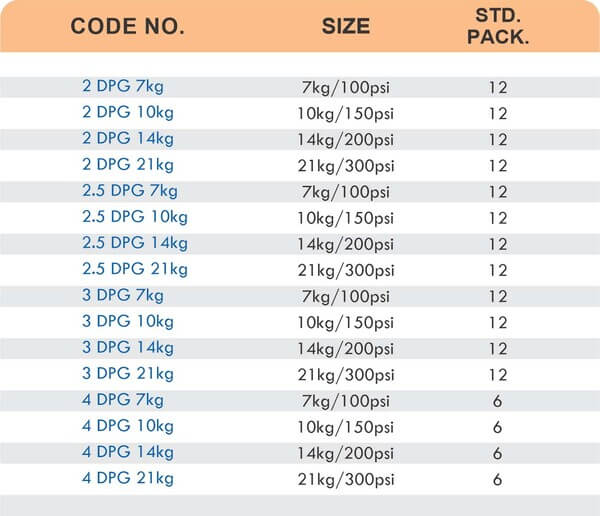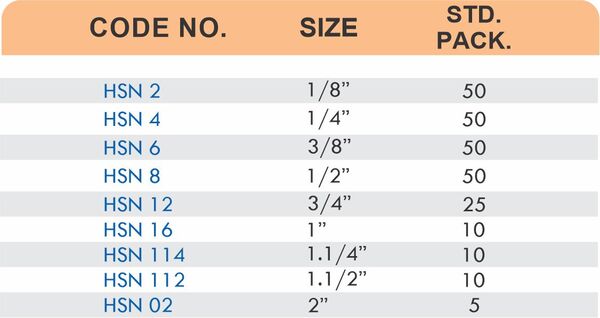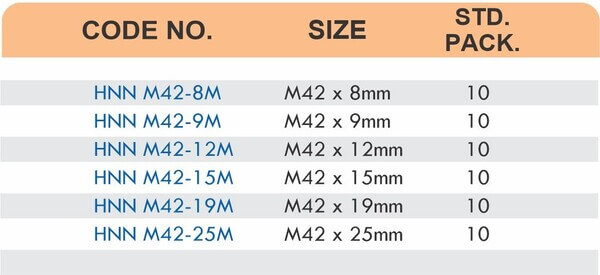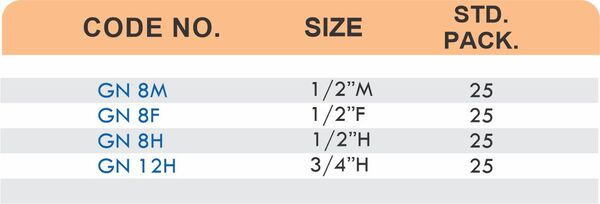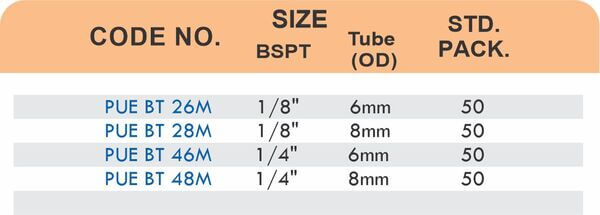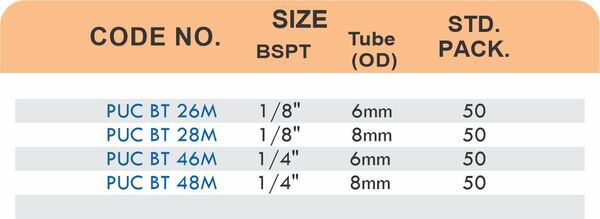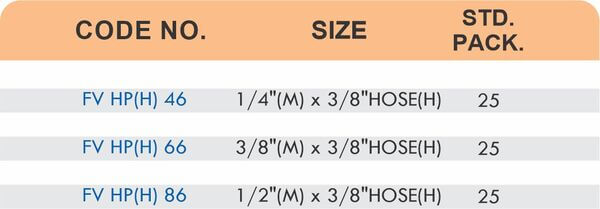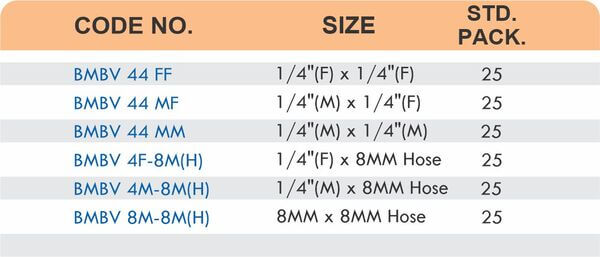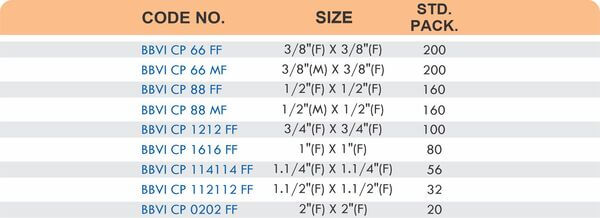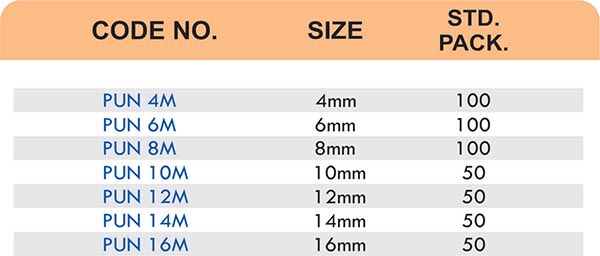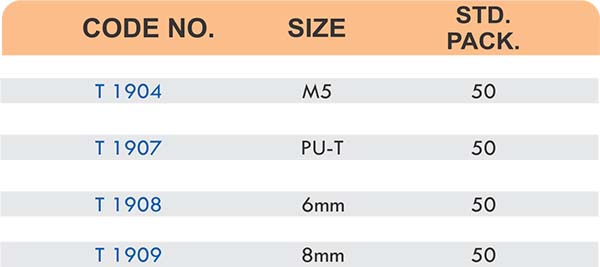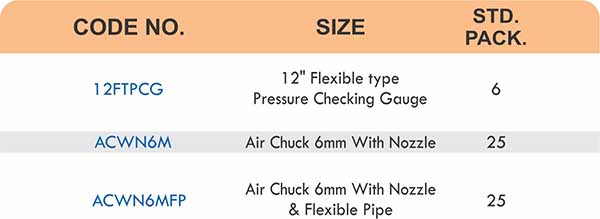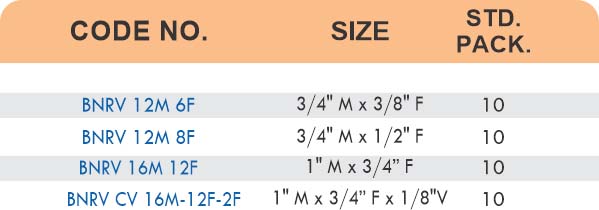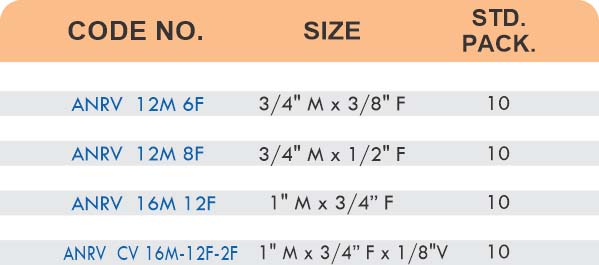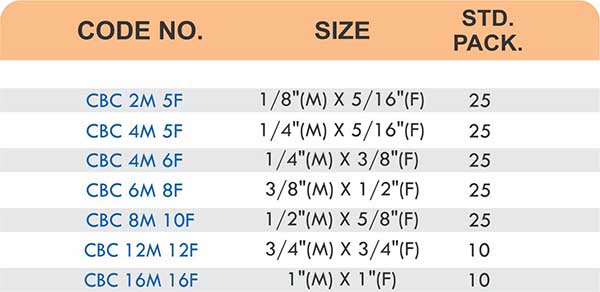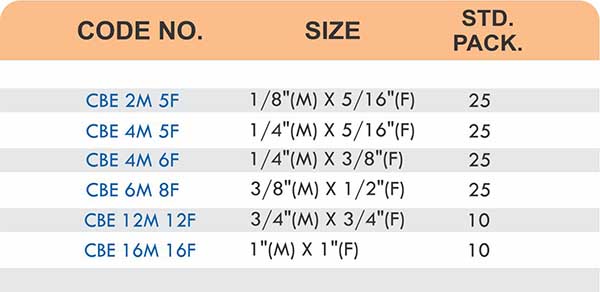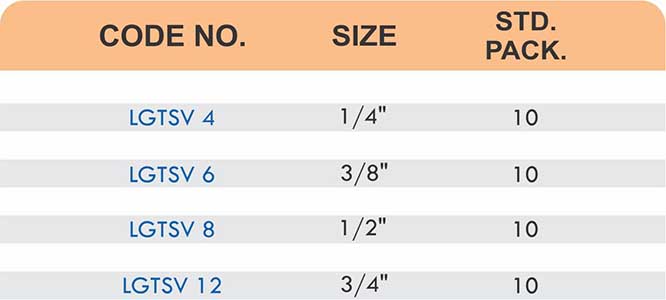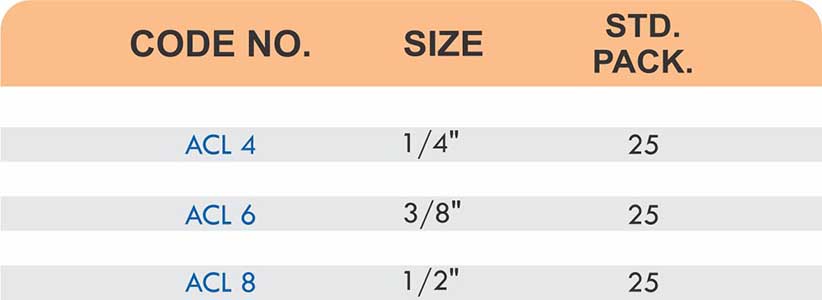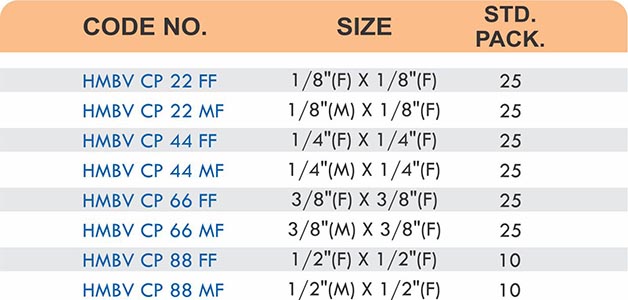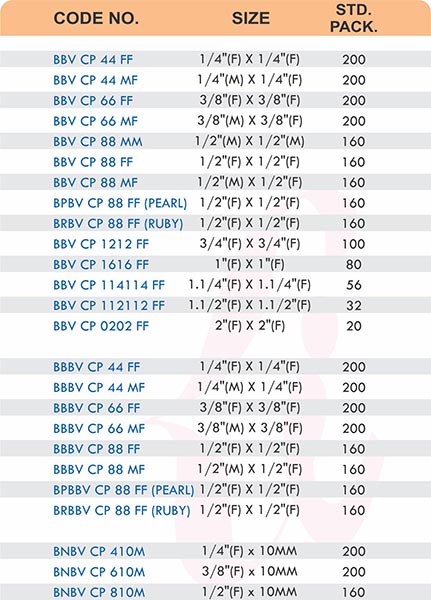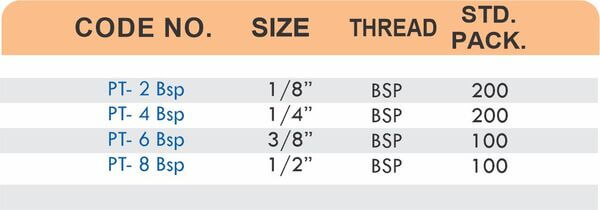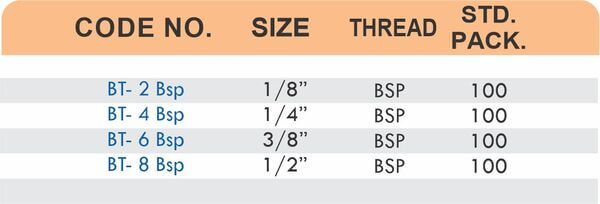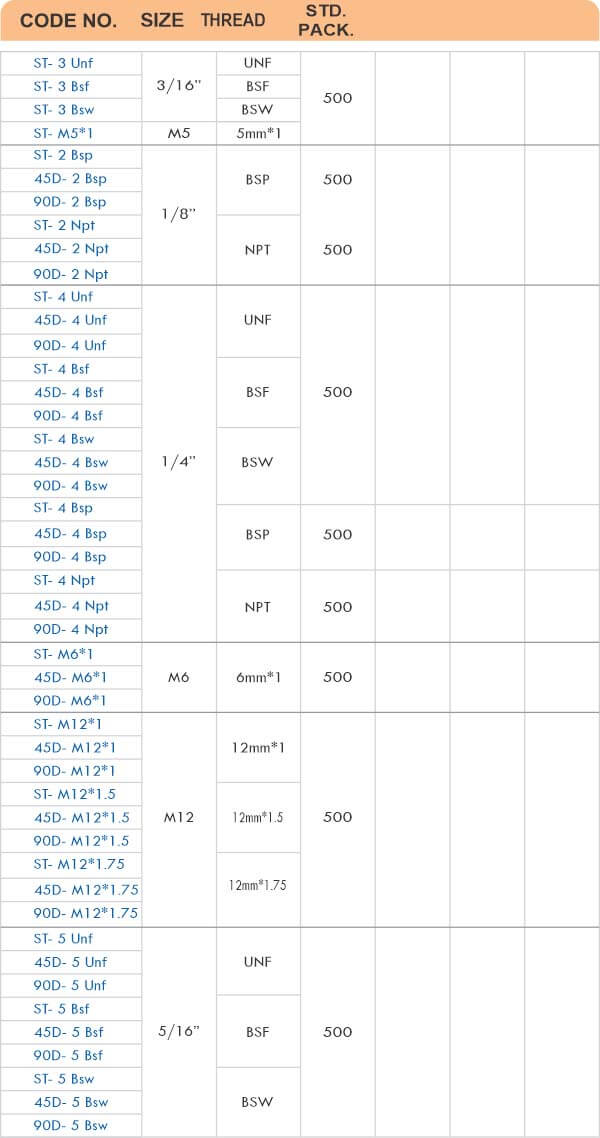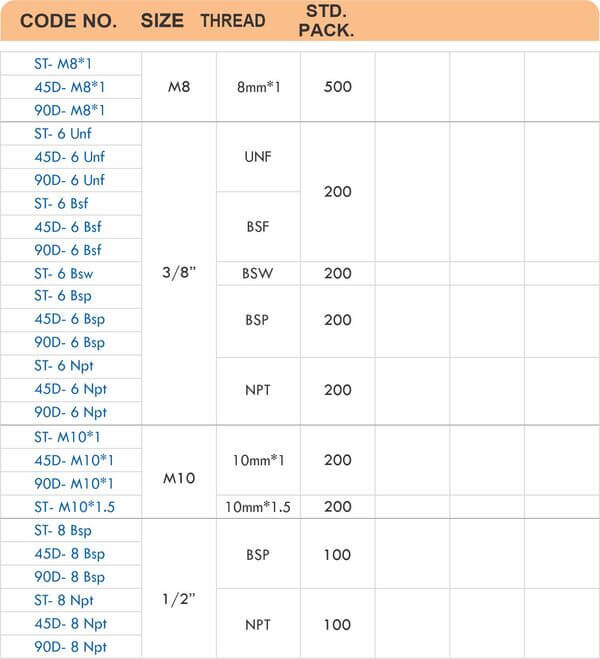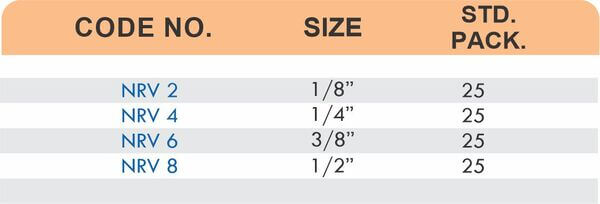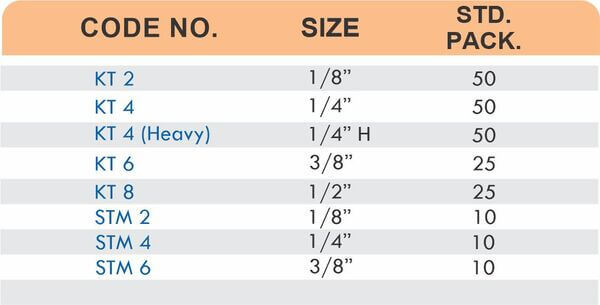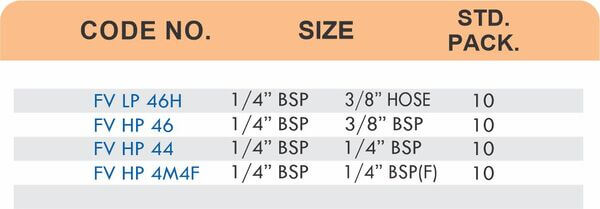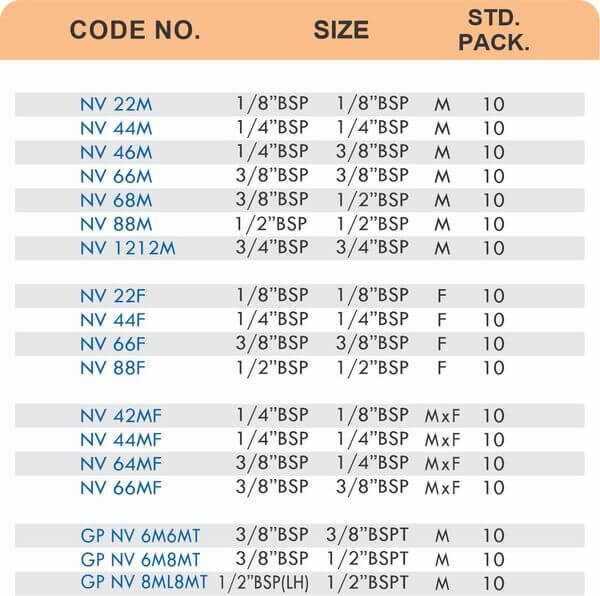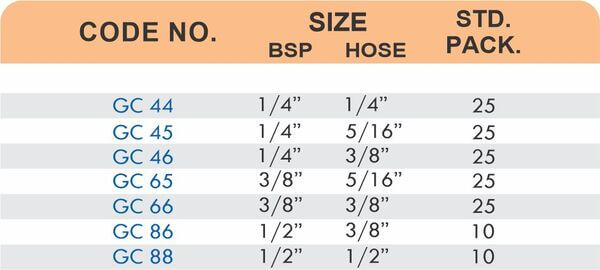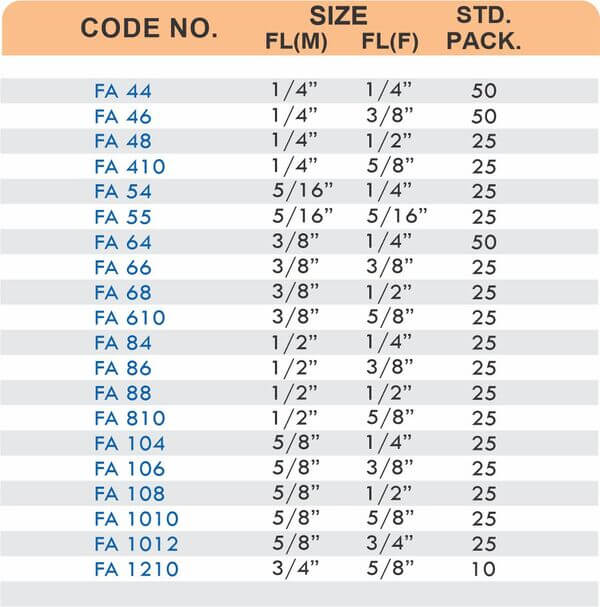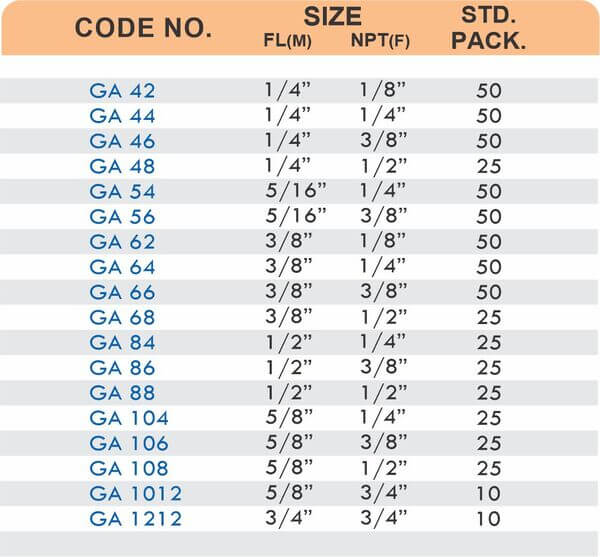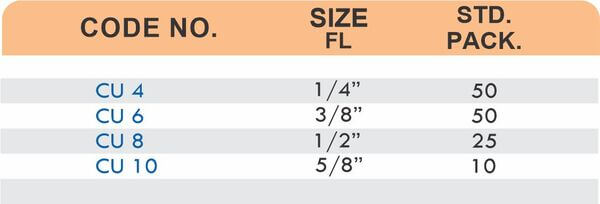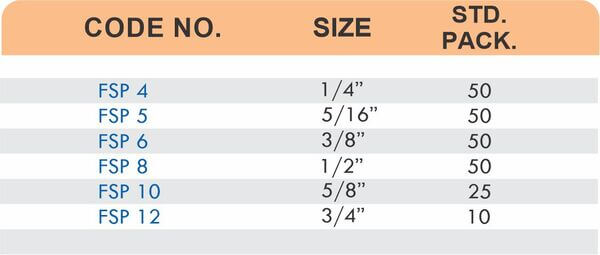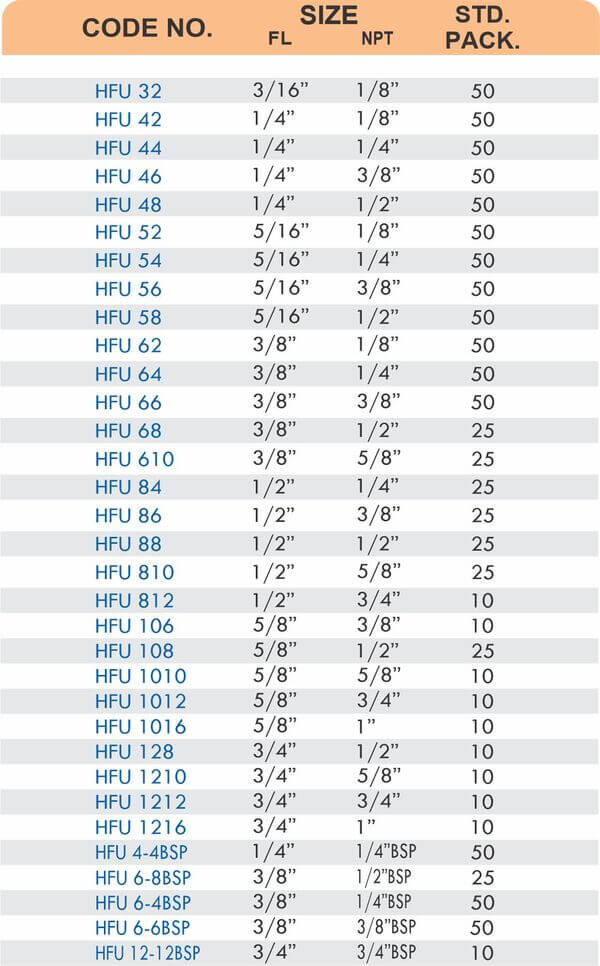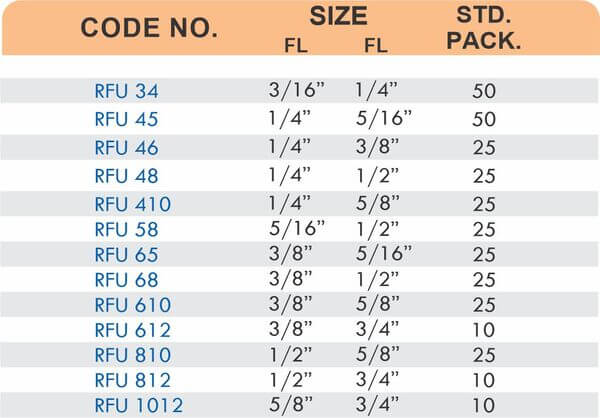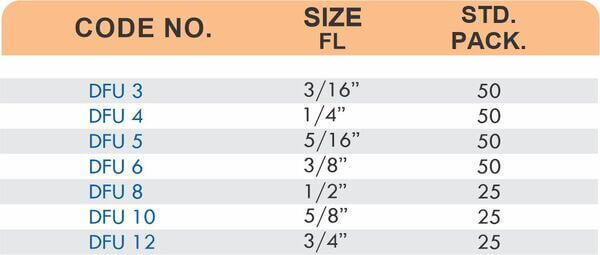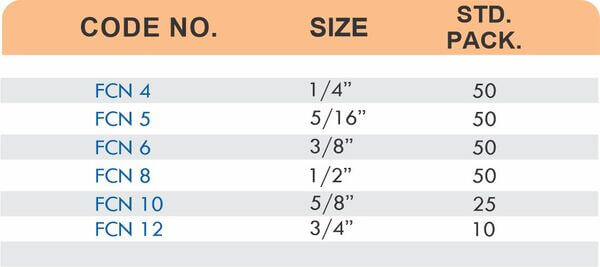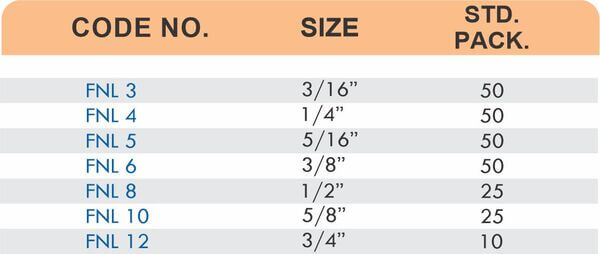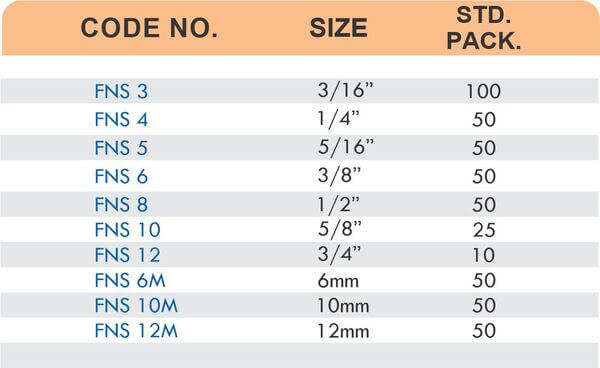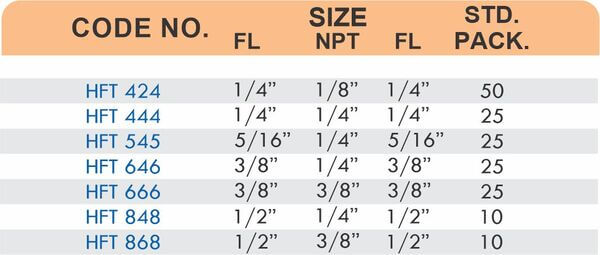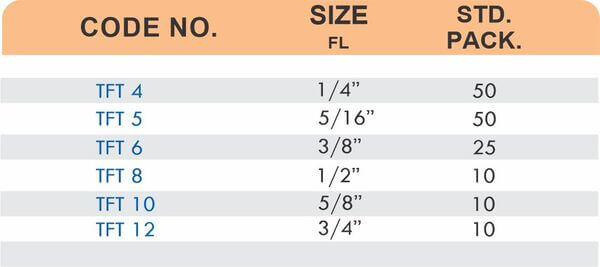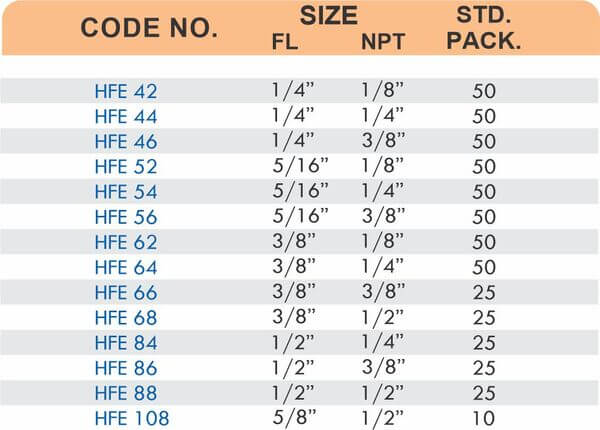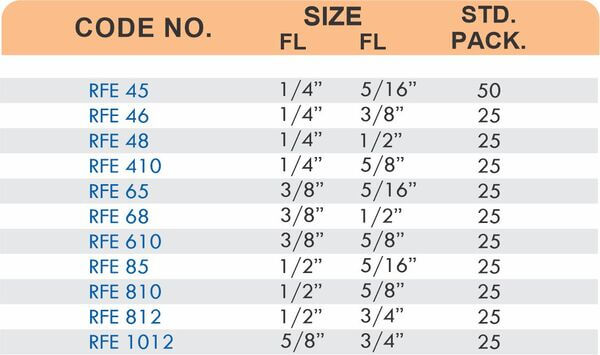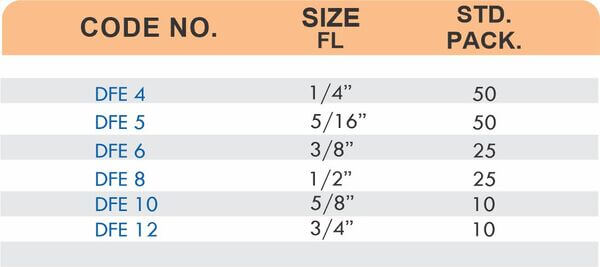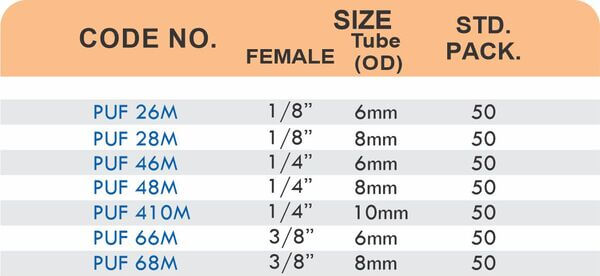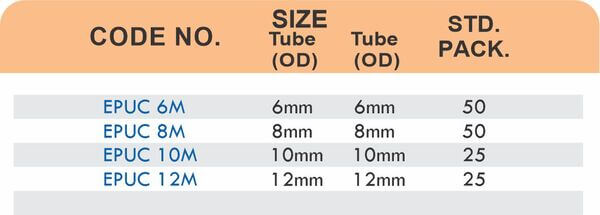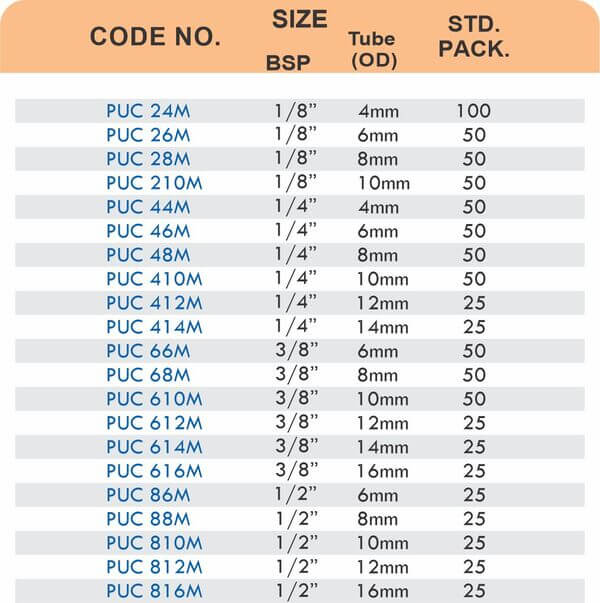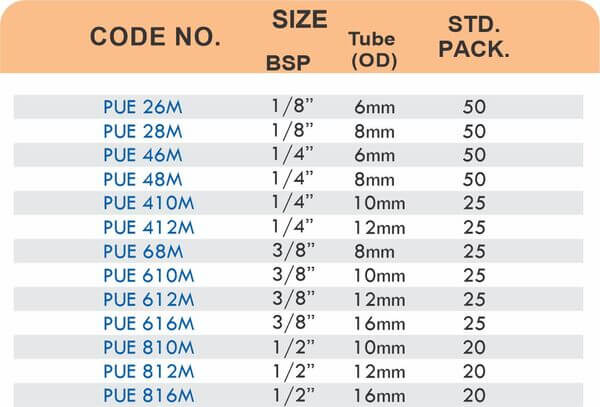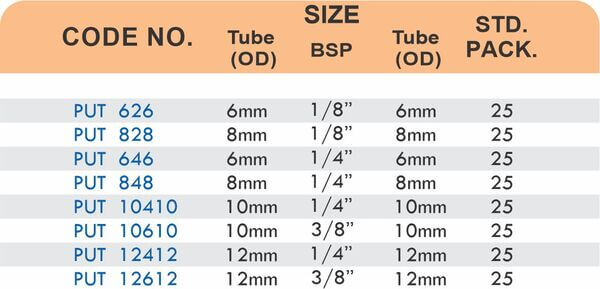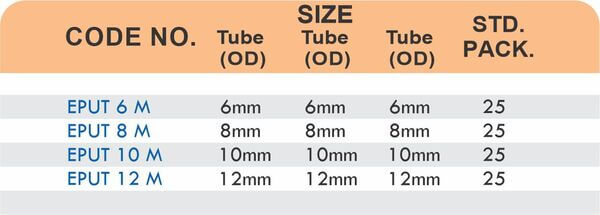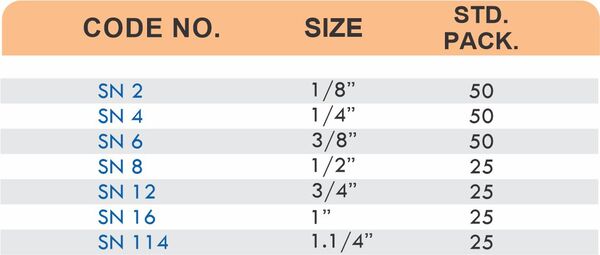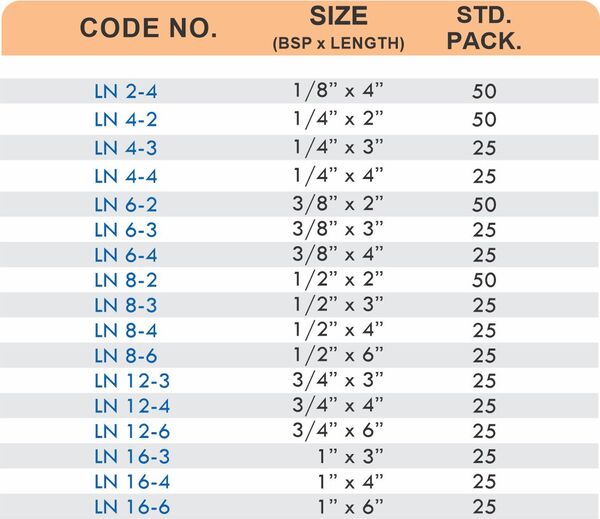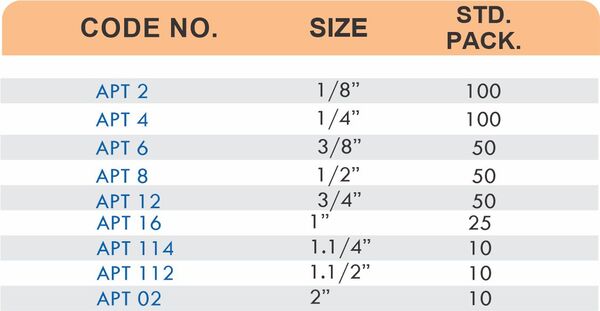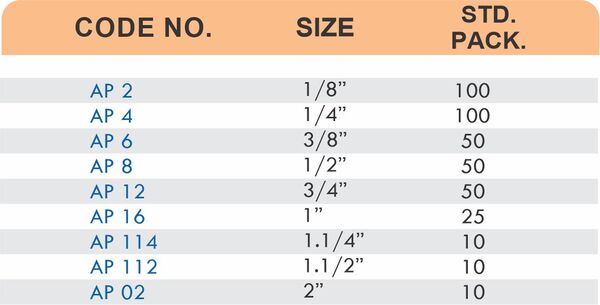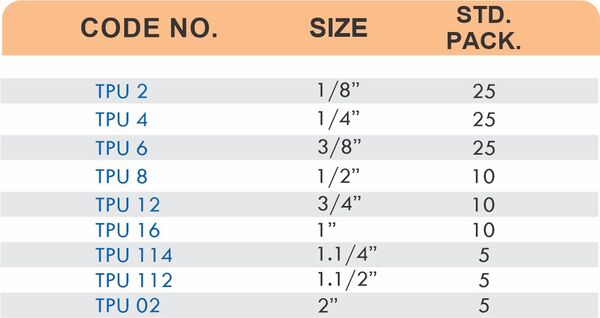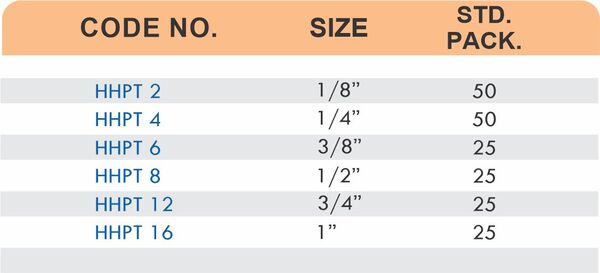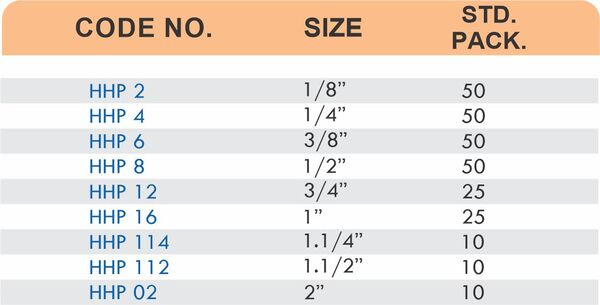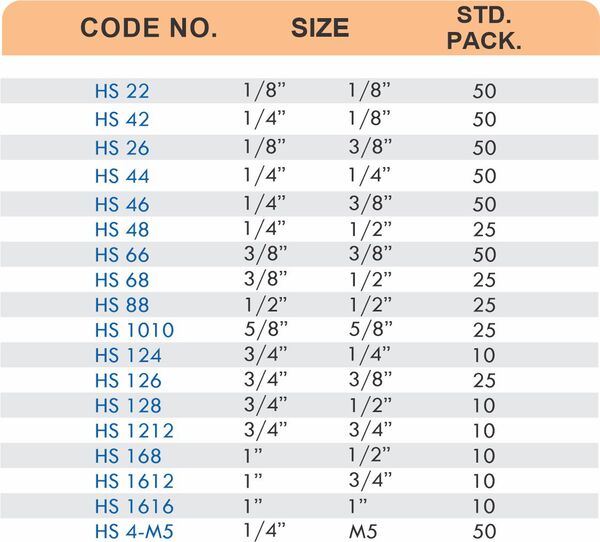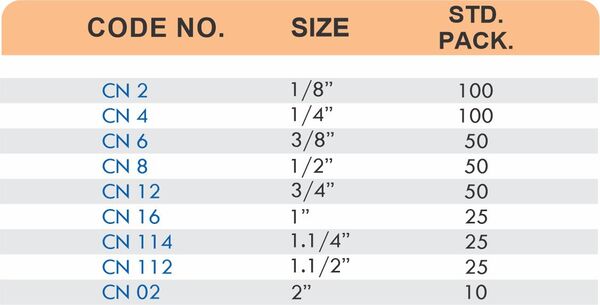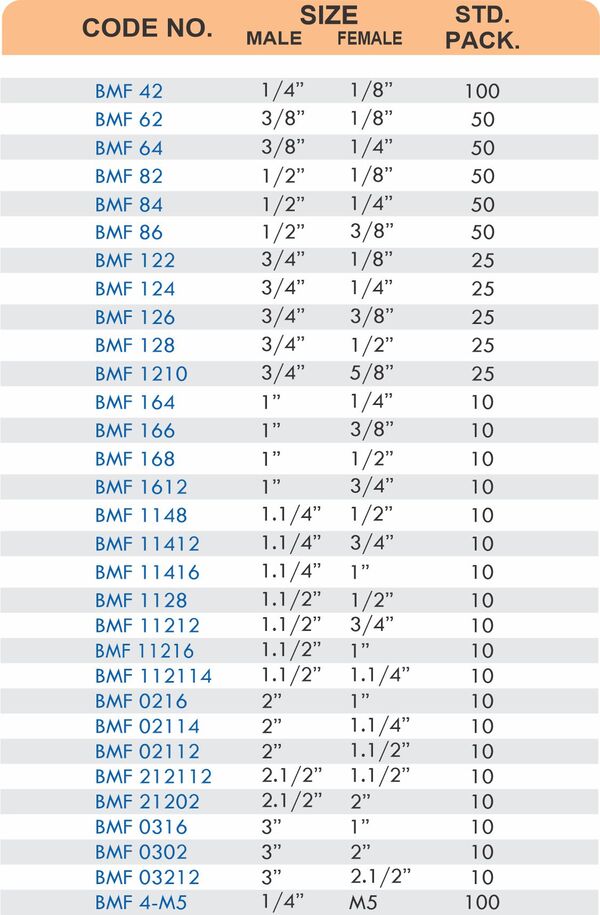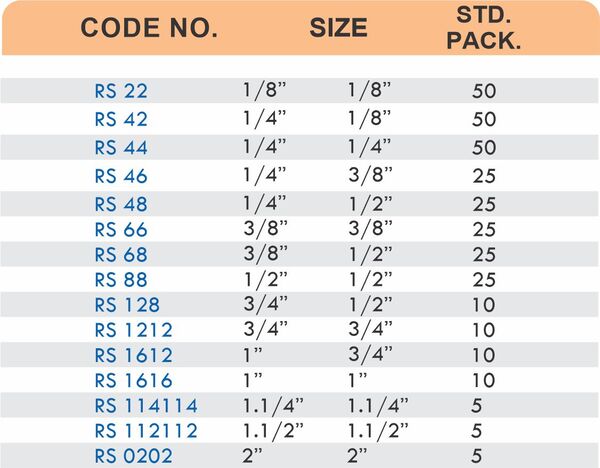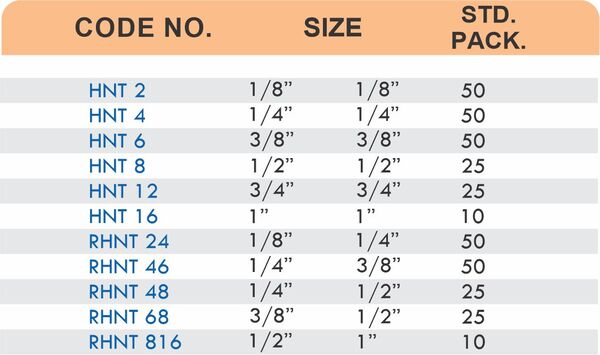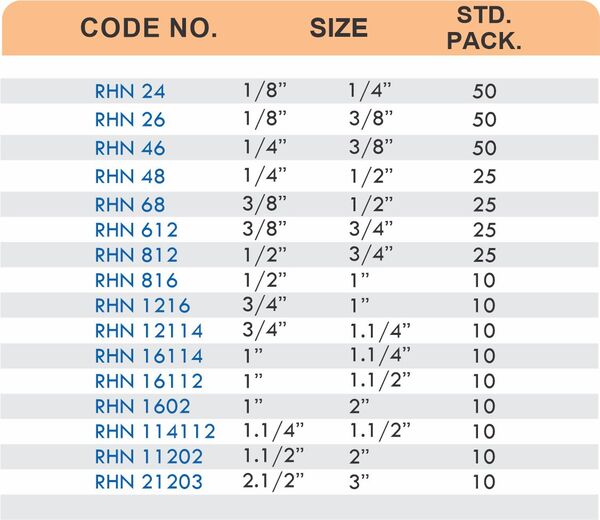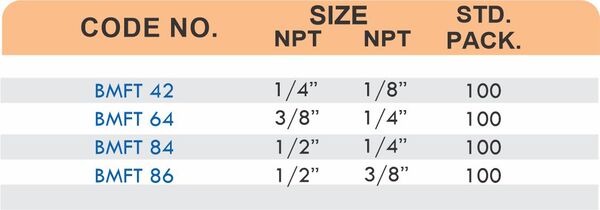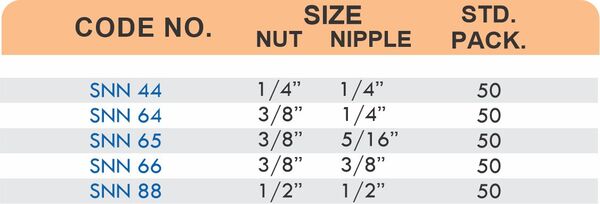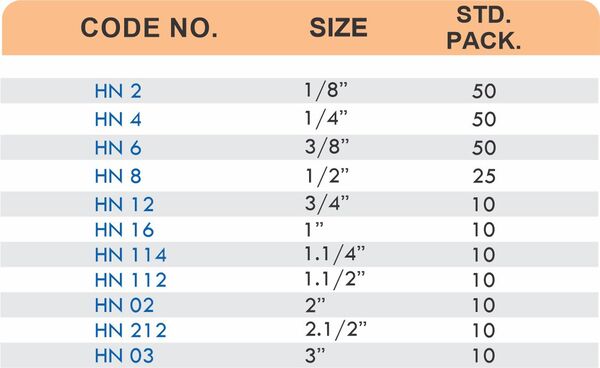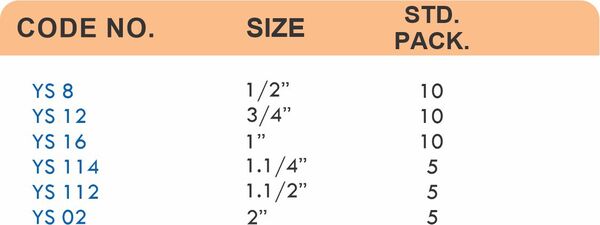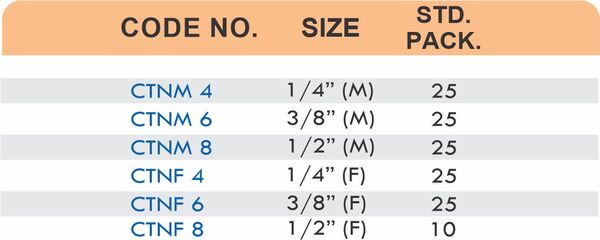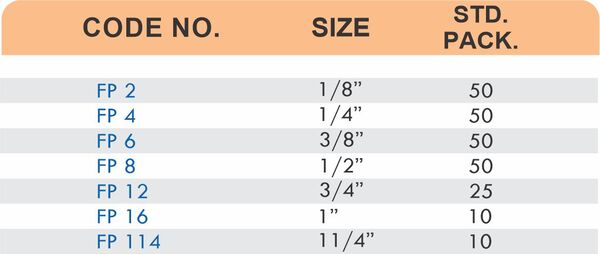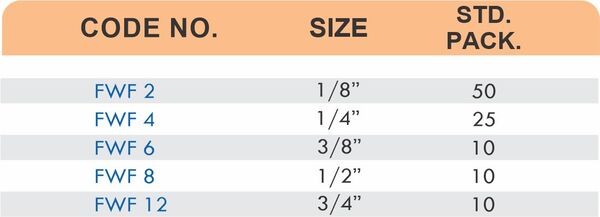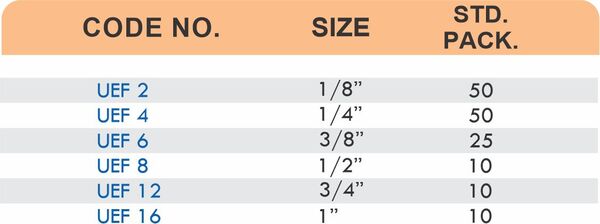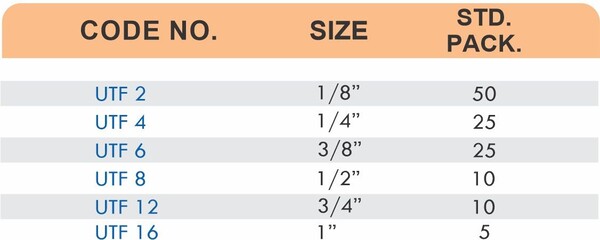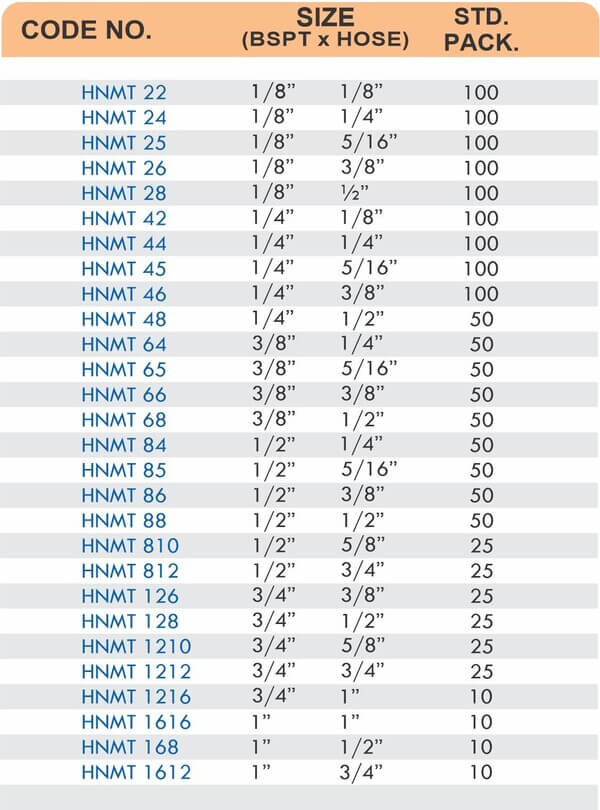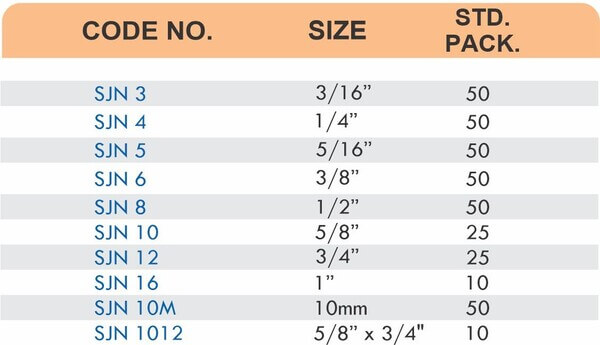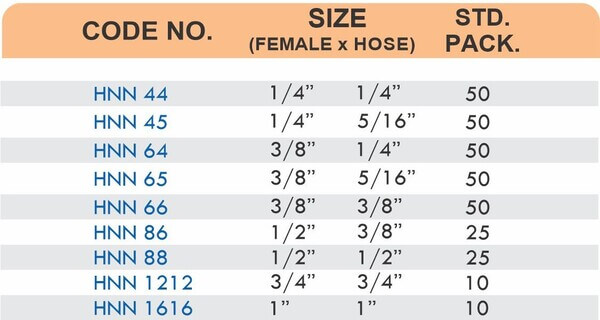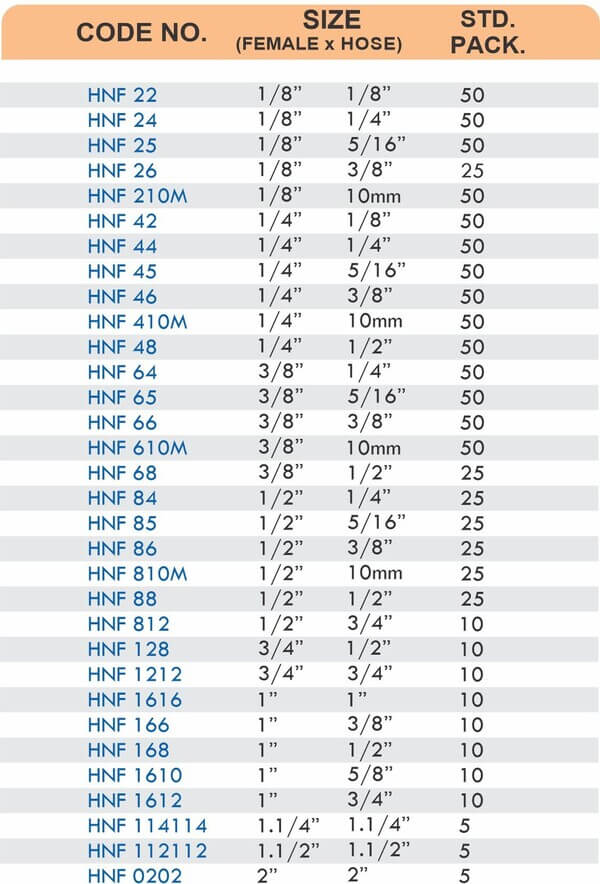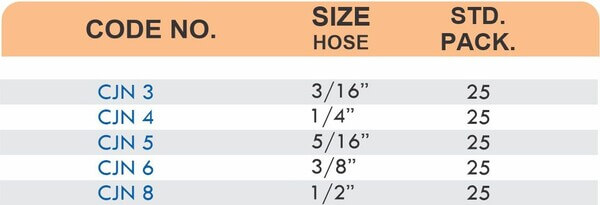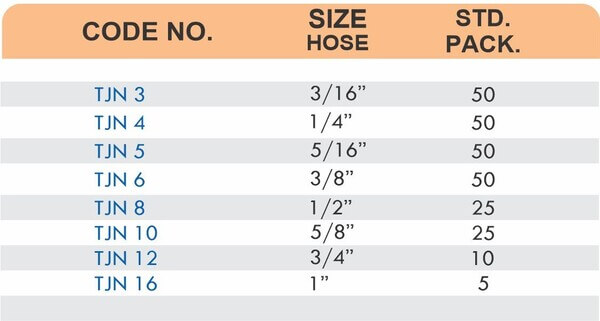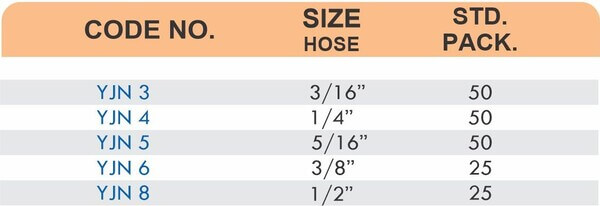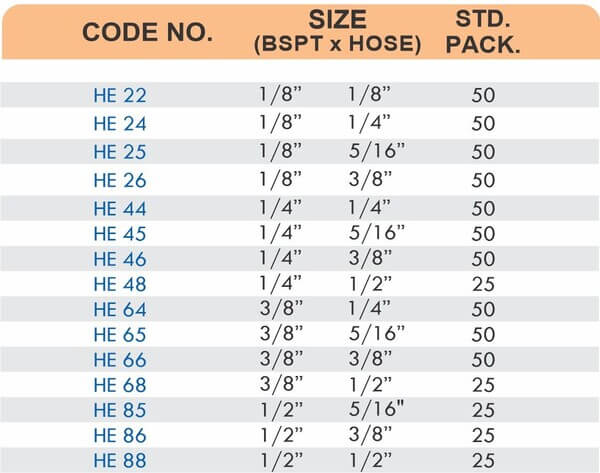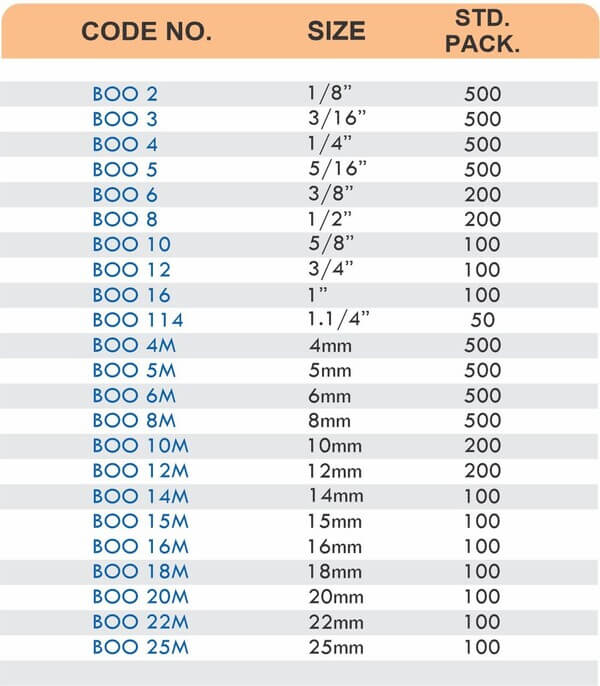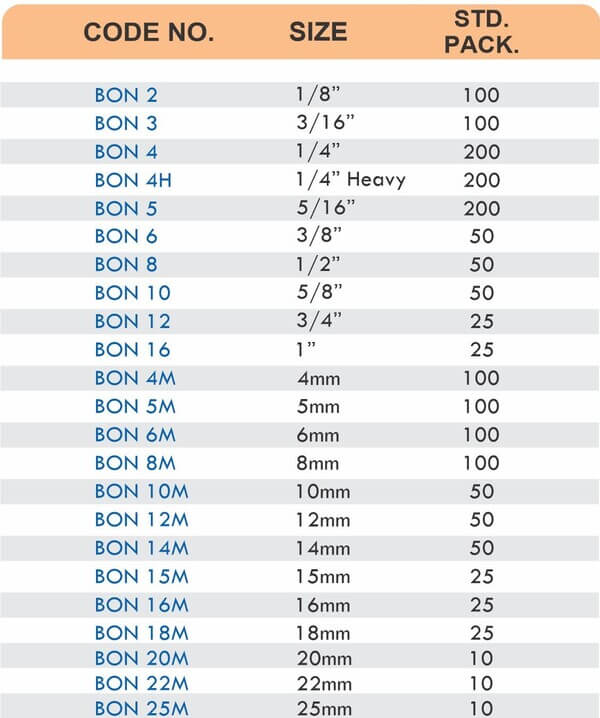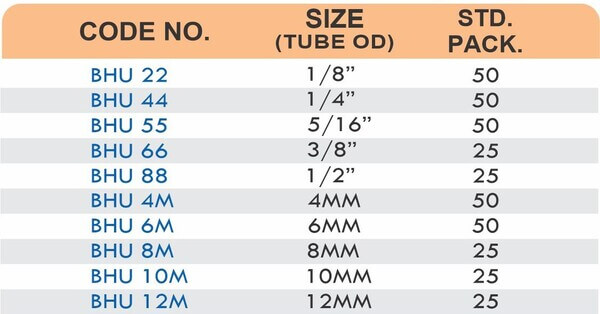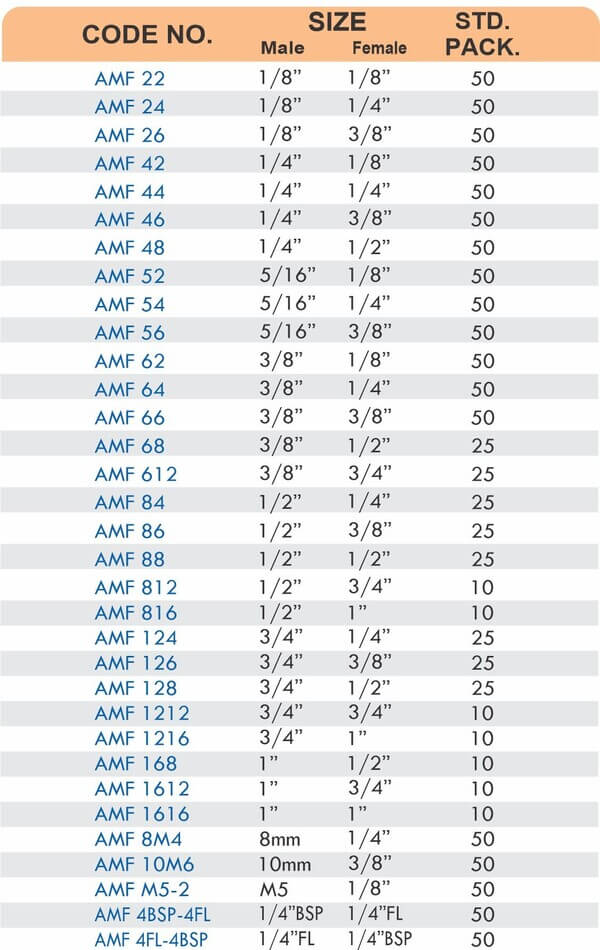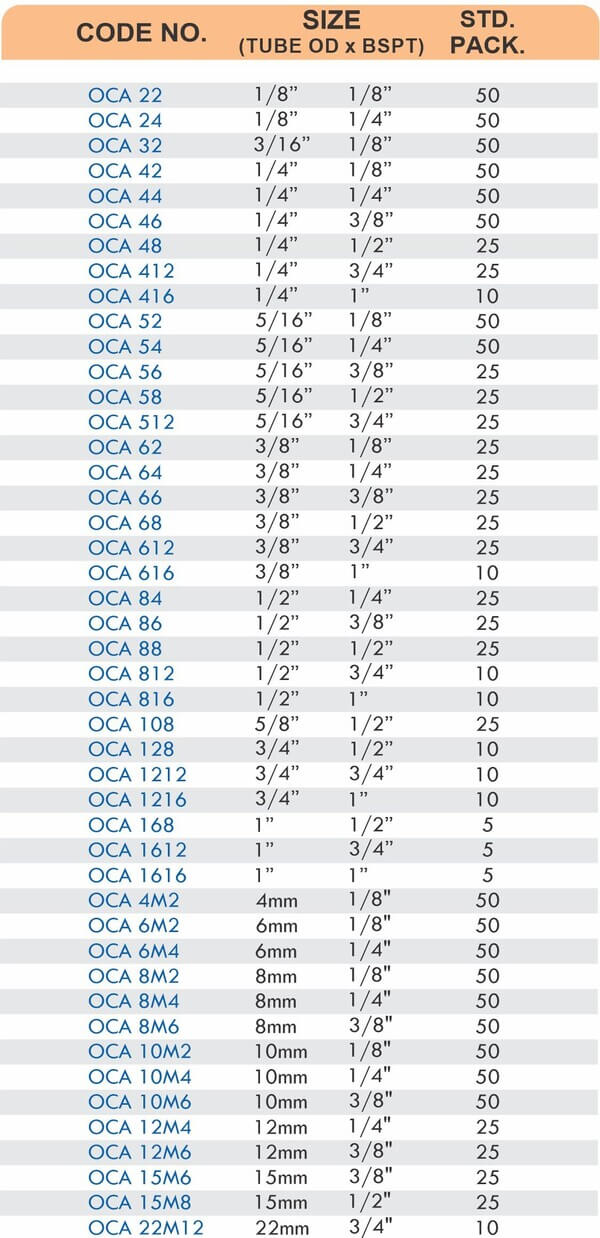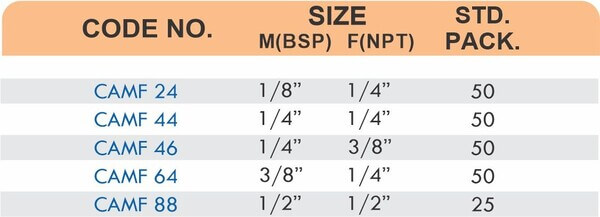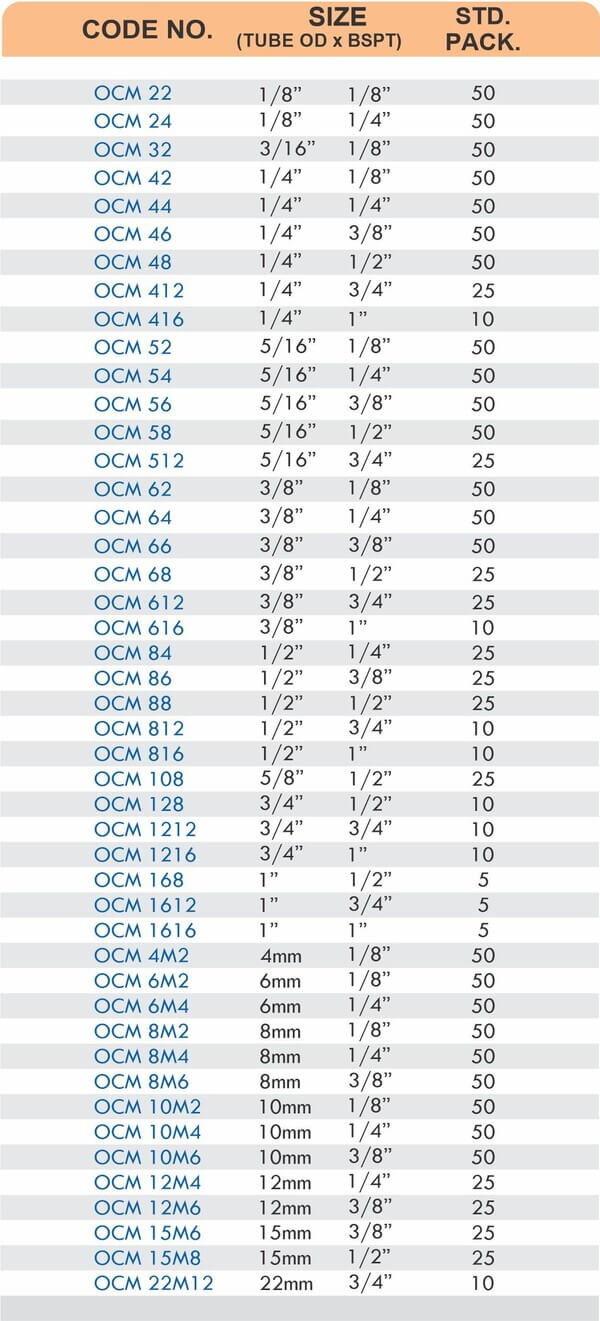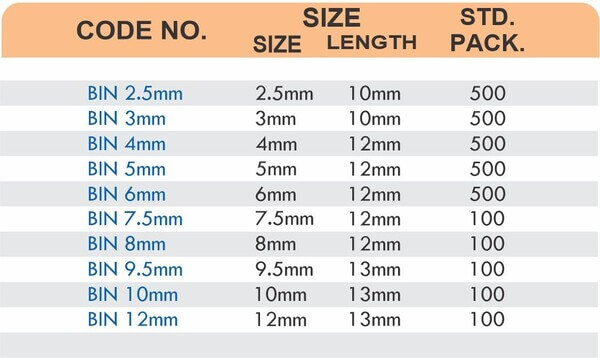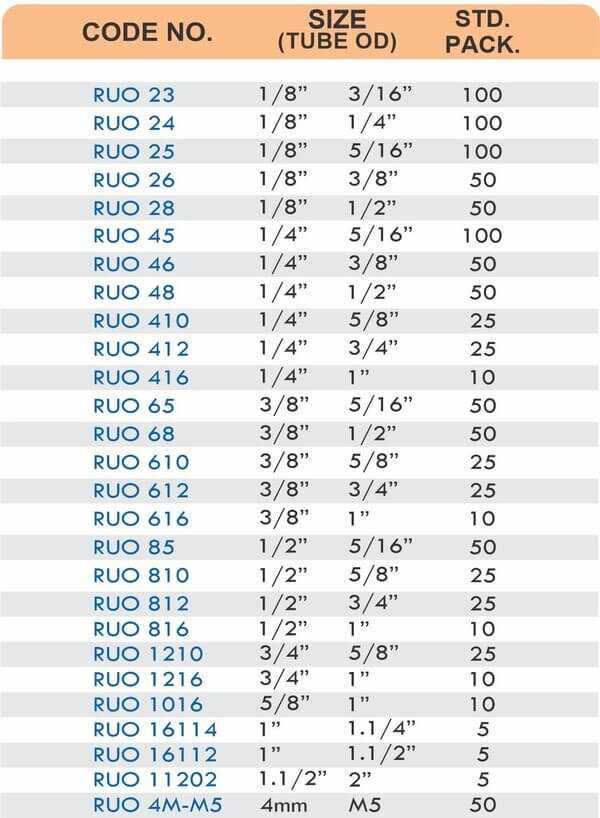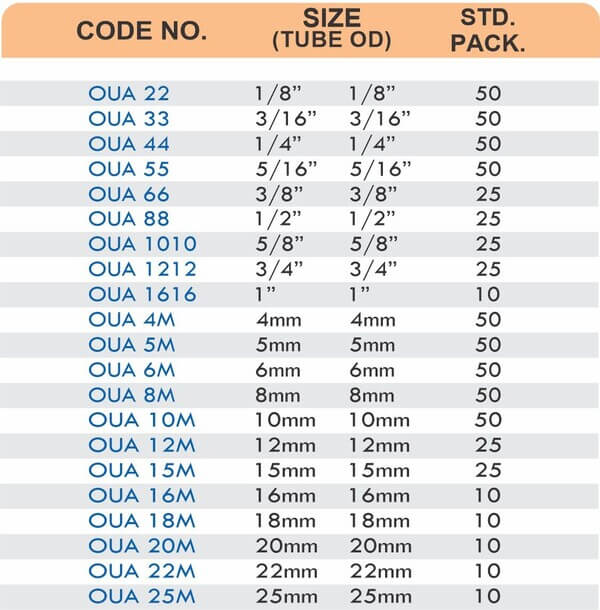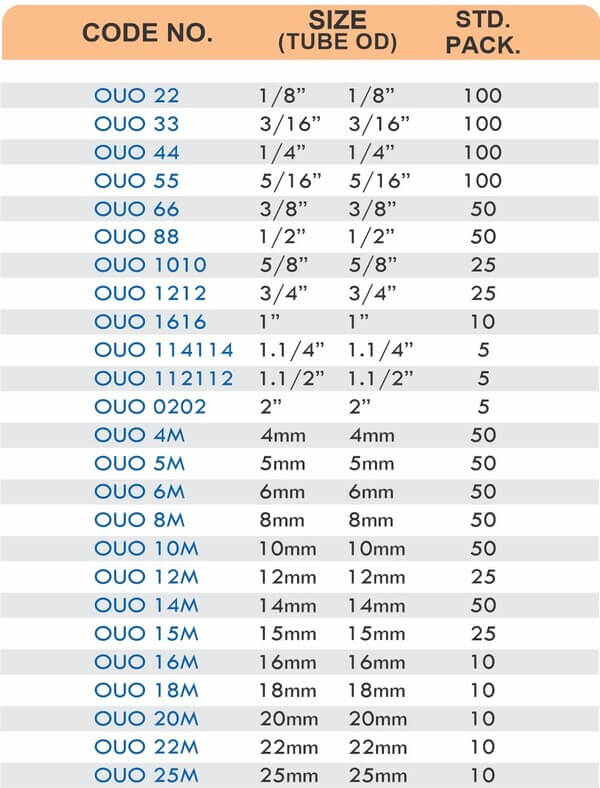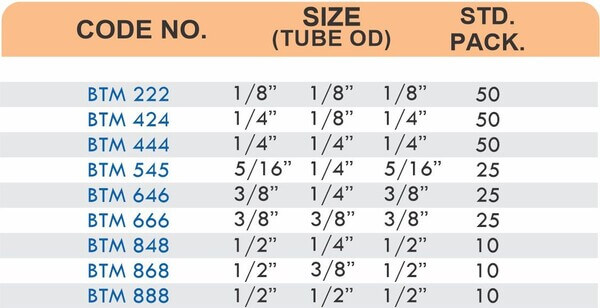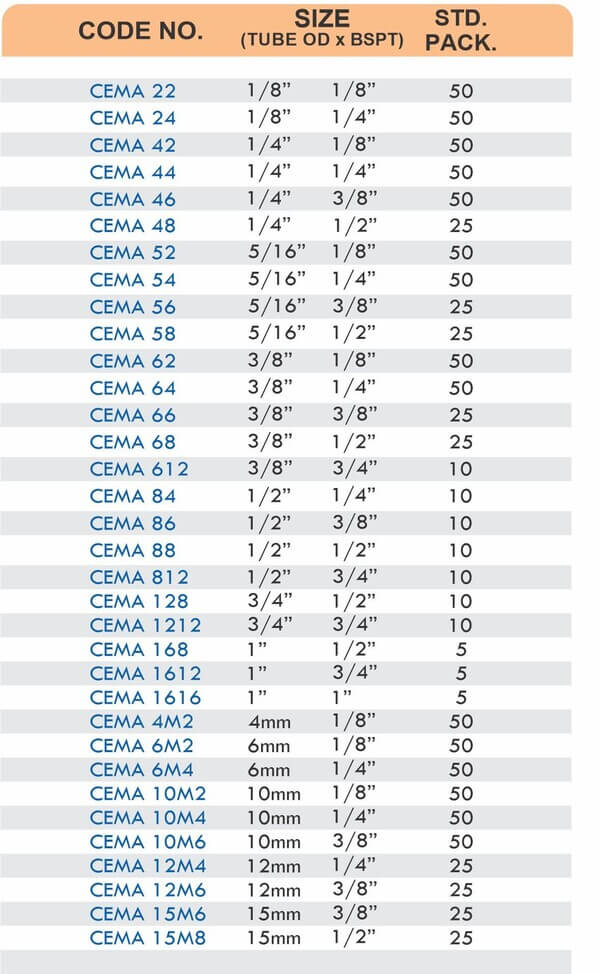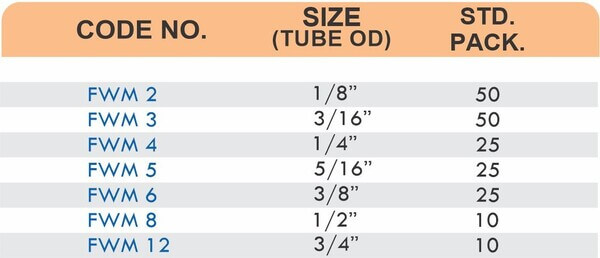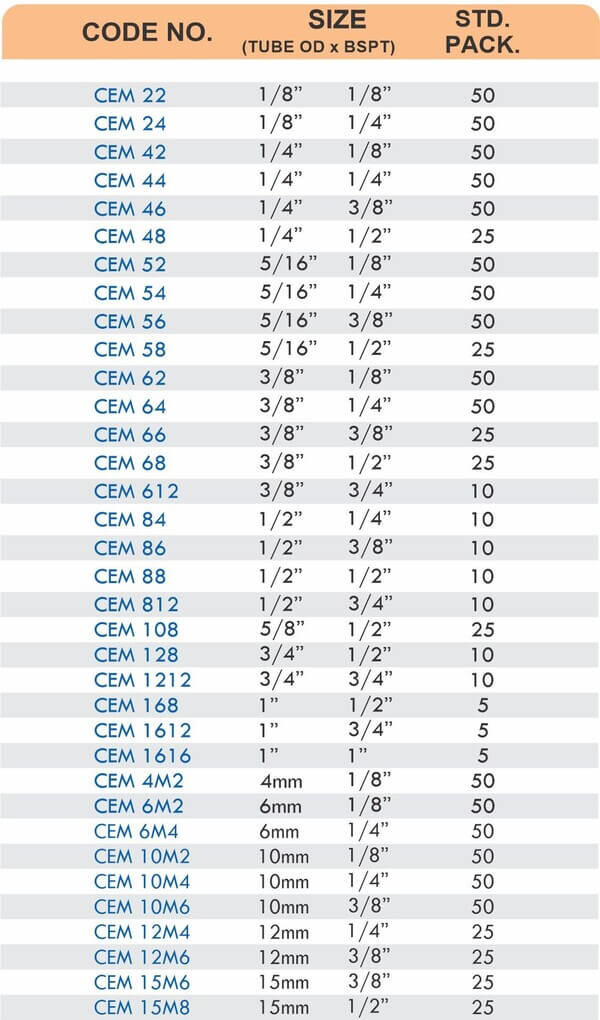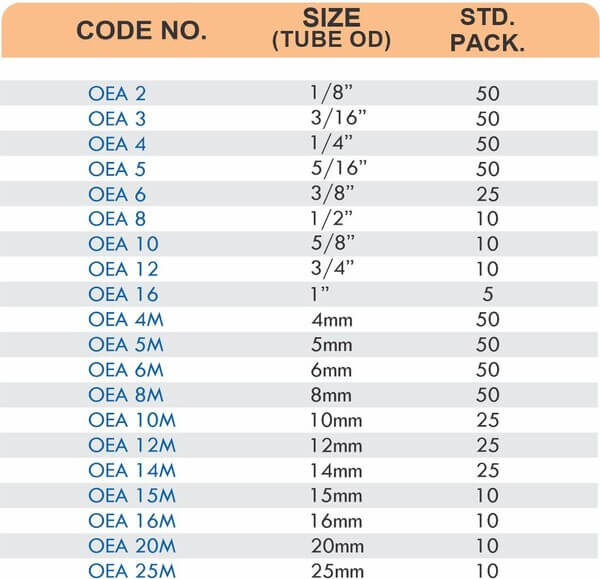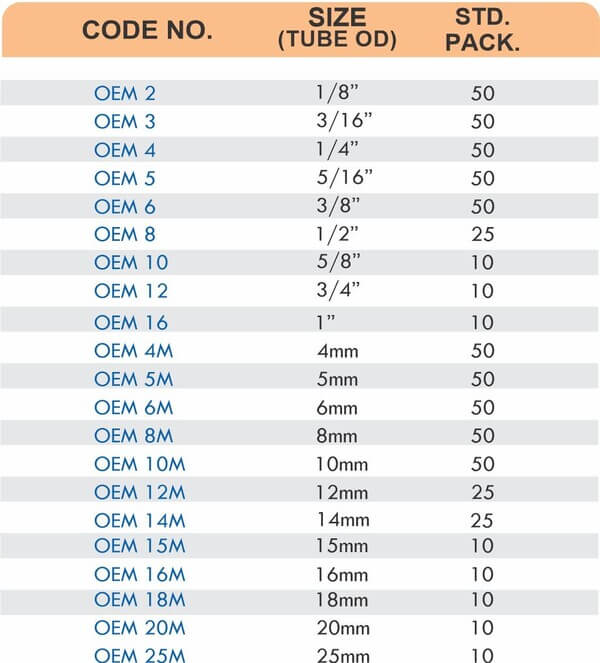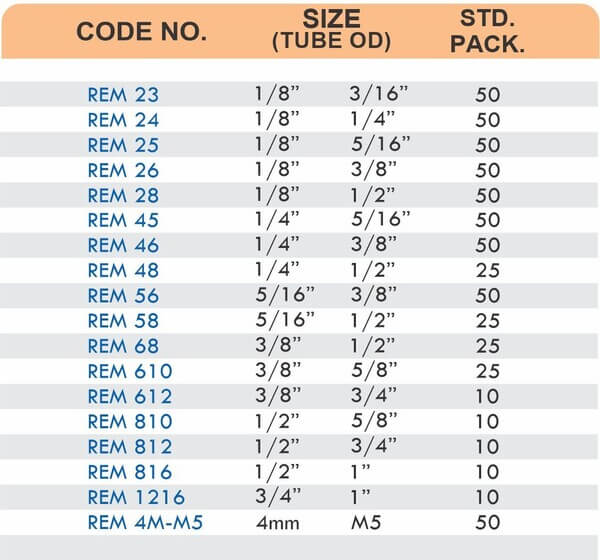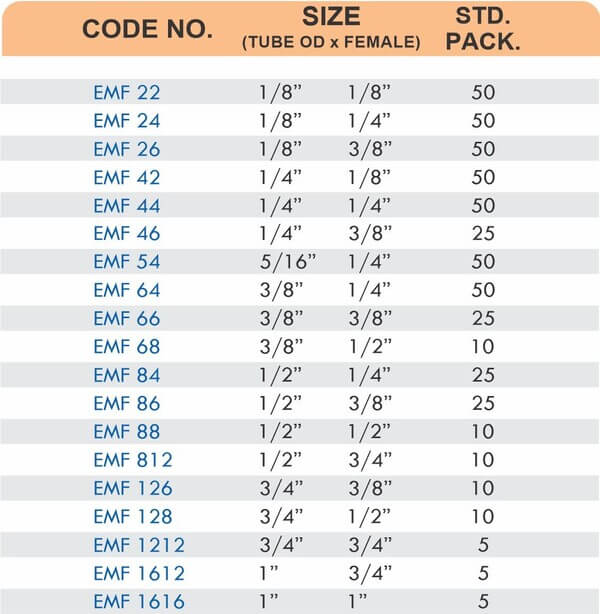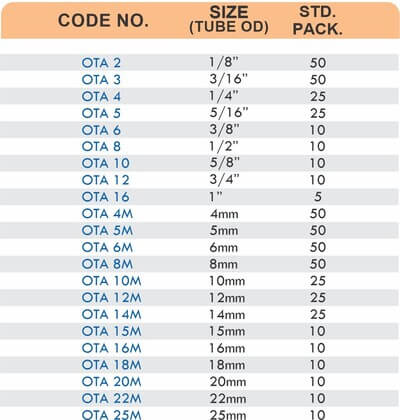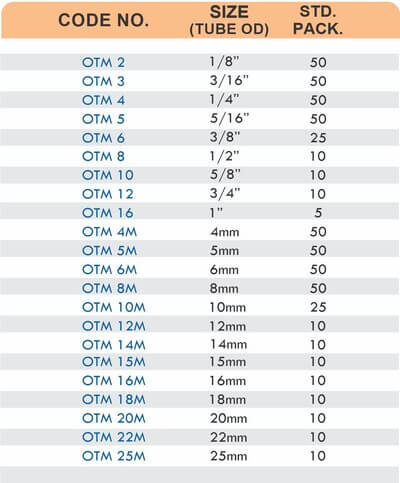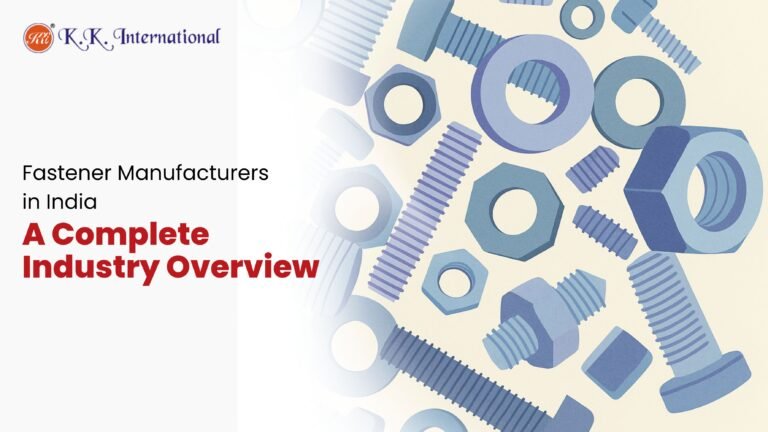
Fastener Manufacturers in India: A Complete Industry Overview
India’s industrial landscape is a complex tapestry woven with countless components, but among the unsung heroes of manufacturing and infrastructure are fasteners—those tiny yet indispensable elements that hold everything together. For entrepreneurs eager to dive deep into this sector, understanding the fastener manufacturing industry in India offers a window into a market poised for robust growth, innovation, and global competitiveness. This article unpacks the Indian fastener industry with a keen eye on facts, expert insights, and the evolving dynamics shaping its future.
Introduction: The Growing Importance of Fastener Manufacturing in India
India’s industrial fastener market is on a remarkable growth trajectory. Forecasts project a compound annual growth rate (CAGR) of 6.31% from 2025 to 2032, scaling from USD 6.08 billion to nearly USD 10 billion. This surge is no accident but the result of a confluence of factors: booming construction activities, rising automotive production, and expanding industrial machinery sectors. The government’s ambitious infrastructure initiatives—such as the Smart Cities Mission and the Pradhan Mantri Awas Yojana—are accelerating demand for reliable, high-quality fasteners.
What’s fascinating is how India has transformed into a critical vehicle manufacturing hub, fueling fastener demand. The automotive industry alone is a powerhouse, with fasteners integral to vehicle assembly, safety, and performance. As electric vehicles gain momentum, the demand for lightweight, high-strength fasteners made from aluminum and composites is reshaping the market landscape. The Indian fastener industry is not just growing; it’s evolving in sophistication and complexity.
Historical Evolution and Current Landscape of the Indian Fastener Industry
Tracing back to the early 1960s, companies like Sundram Fasteners Limited (SFL) laid the foundation for India’s fastener manufacturing prowess. Established in 1962, SFL was a pioneer, becoming the first Indian fastener company to earn ISO 9001 certification in 1984—a milestone signaling a commitment to quality that would set the tone for the industry. Over decades, SFL expanded its portfolio to over 1,600 fastener types, catering to automotive, industrial, and specialized applications.
Today, the Indian fastener sector is highly fragmented, with numerous players operating out of regional hubs. Yet, despite fragmentation, the industry is unified by a shared drive toward quality, innovation, and meeting the stringent demands of sectors like aerospace, construction, and electronics. This evolution reflects a broader trend: India’s fastener manufacturing is not just about volume but about precision, reliability, and global standards.
Key Segments and Types of Fasteners Produced in India
India’s fastener manufacturing spectrum is impressively broad. It includes:
- Standard Fasteners: Bolts, nuts, screws, washers—ubiquitous in machinery and construction.
- Specialized Fasteners: High-tensile bolts, cold-forged parts, and custom components tailored to specific industrial needs.
- Material Variants: Steel remains dominant, but aluminum, brass, and composite fasteners are gaining traction, especially in automotive and aerospace sectors.
The diversity in product types is a direct response to the varied industrial demands. For example, the construction industry requires structural fasteners that meet rigorous safety standards, while the automotive sector demands fasteners that balance strength with weight reduction. This segmentation allows manufacturers to specialize and innovate within niches, driving overall industry growth.
Regional Manufacturing Hubs and Their Unique Strengths
India’s fastener industry is geographically clustered, with each region bringing unique strengths:
- North India: States like Haryana, Punjab, and Uttar Pradesh dominate due to proximity to automotive and industrial hubs. The region benefits from skilled labor, robust infrastructure, and active R&D collaborations. For instance, Super Screws Pvt. Ltd. in Haryana recently partnered with Japan’s Mitsuchi Corporation to manufacture specialized cold-forged parts, exemplifying cross-border innovation.
- Western India: Maharashtra and Gujarat are known for heavy machinery and construction fasteners, supported by well-established industrial ecosystems.
- Southern India: Karnataka and Tamil Nadu contribute significantly with advanced manufacturing facilities and export-oriented units.
These hubs enable quick delivery, cost advantages, and tailored solutions, making India competitive both domestically and internationally.
Competitive Dynamics: Indian Manufacturers vs. Global Players
Despite its growth, the Indian fastener industry faces stiff competition from low-cost producers in China and Taiwan. These countries benefit from cheaper labor and economies of scale, enabling them to flood the market with low-priced fasteners. This price pressure challenges Indian manufacturers, especially in commodity fasteners.
However, Indian companies are countering this with a focus on quality, customization, and compliance with international standards. The automotive sector, for example, demands fasteners that meet exacting safety and performance criteria—areas where Indian manufacturers are increasingly excelling. As one industry leader put it, “Quality is our moat against low-cost imports.”
Moreover, India’s strategic push for Atmanirbhar Bharat (self-reliance) is encouraging domestic sourcing and innovation, reducing dependency on imports, and fostering a more resilient supply chain.
Role of Technology and Quality Standards in Enhancing Competitiveness
Technology adoption is no longer optional—it’s a survival imperative. Indian fastener manufacturers are embracing automation, Industry 4.0, and AI-driven quality control to enhance precision and throughput. These advancements reduce human error, improve consistency, and enable real-time monitoring.
Standards like ISO, DIN, BS, IS, JIS, ASTM, ANSI, and SAE are rigorously followed, ensuring products meet global benchmarks. Sundram Fasteners’ early ISO certification set an industry precedent, and today many manufacturers hold CE certifications and other quality accreditations.
The availability of high-end machine tools manufactured domestically, as opposed to low-end imports, is another competitive edge. This allows Indian manufacturers to produce specialty fasteners with tighter tolerances and superior finishes.
Emerging Trends: Lightweight and High-Performance Fasteners
The fastener industry is evolving beyond traditional steel bolts and nuts. Lightweight materials such as aluminum alloys and composites are increasingly used in automotive and aerospace applications to reduce vehicle weight and improve fuel efficiency.
Additionally, high-performance fasteners with enhanced corrosion resistance, fatigue strength, and thermal stability are in demand. Innovations in coatings and surface treatments further extend product life and reliability.
This shift is driven by stricter regulatory norms and consumer expectations for safer, more efficient vehicles and infrastructure. Manufacturers investing in R&D to develop these advanced fasteners are positioning themselves as future leaders.
Government Initiatives and Industry Support Mechanisms
India’s government has played a catalytic role in fastener industry growth. Initiatives like “Make in India” have attracted investments and encouraged technology transfer. Infrastructure projects under the Smart Cities Mission and Sagarmala Project have expanded demand for construction-grade fasteners.
Export promotion schemes and ease of doing business reforms have helped manufacturers scale globally. For example, companies like Sundram Fasteners are expanding exports, targeting markets with stringent quality demands.
The government’s focus on self-reliance is also fostering indigenous raw material sourcing and reducing import dependence, which is crucial for cost control and supply chain stability.
K. K. International: A Case Study in Excellence and Customer-Centric Innovation
- K. International, headquartered in Amritsar, Punjab, exemplifies the strengths of Indian fastener manufacturing. Founded in 1980, this family-owned company has carved a niche by specializing in both standard and special fasteners, including guard rail bolts, nip bolts, and carriage bolts.
Their commitment to quality is evident from ISO 9001:2008 accreditation and CE certifications (CE 15048 & 14399). K. K. International’s ability to customize fastening solutions as per customer requirements and adherence to multiple international standards (ISO, DIN, BS, IS, JIS, ASTM, ANSI & SAE) have earned them a loyal client base across diverse sectors—construction, power transmission, wind energy, railways, oil & gas, and heavy machinery.
Their philosophy of continuous improvement and innovation aligns perfectly with the evolving demands of Indian and global markets. As they put it, “Our strength lies in our customers who have been with us for decades, and our cooperation with them has led to steady growth.”
Challenges and Opportunities Ahead for Indian Fastener Manufacturers
The road ahead is both challenging and promising. Price competition from imports, fluctuating raw material costs, and skill shortages pose significant hurdles. Additionally, the need for capital-intensive automation and R&D investments can strain smaller manufacturers.
However, opportunities abound. The rise of electric vehicles, renewable energy projects, and expanding infrastructure creates new fastener demands. Export markets, especially in Europe and North America, offer growth potential for quality-focused manufacturers.
By leveraging technology, adhering to standards, and fostering innovation, Indian manufacturers can not only survive but thrive. The mantra for success is clear: “Innovate or perish.”
Conclusion: Positioning India and K. K. International for a Sustainable and Innovative Future
India’s fastener manufacturing industry is no longer a back-office supplier; it is a dynamic, evolving sector integral to the nation’s industrial ambitions. With projected market growth nearing USD 10 billion by 2032, the stakes are high and the opportunities vast.
Companies like K. K. International embody the blend of tradition, quality, and innovation needed to lead this charge. By embracing advanced materials, automation, and customer-centric solutions, Indian fastener manufacturers are poised to hold their own against global competition and power India’s infrastructure and industrial future.
In the words of an industry expert, “Fasteners may be small, but their impact on safety, reliability, and progress is enormous.” For entrepreneurs and industry enthusiasts, understanding this sector is not just about bolts and nuts—it’s about grasping the nuts and bolts of India’s industrial future.

